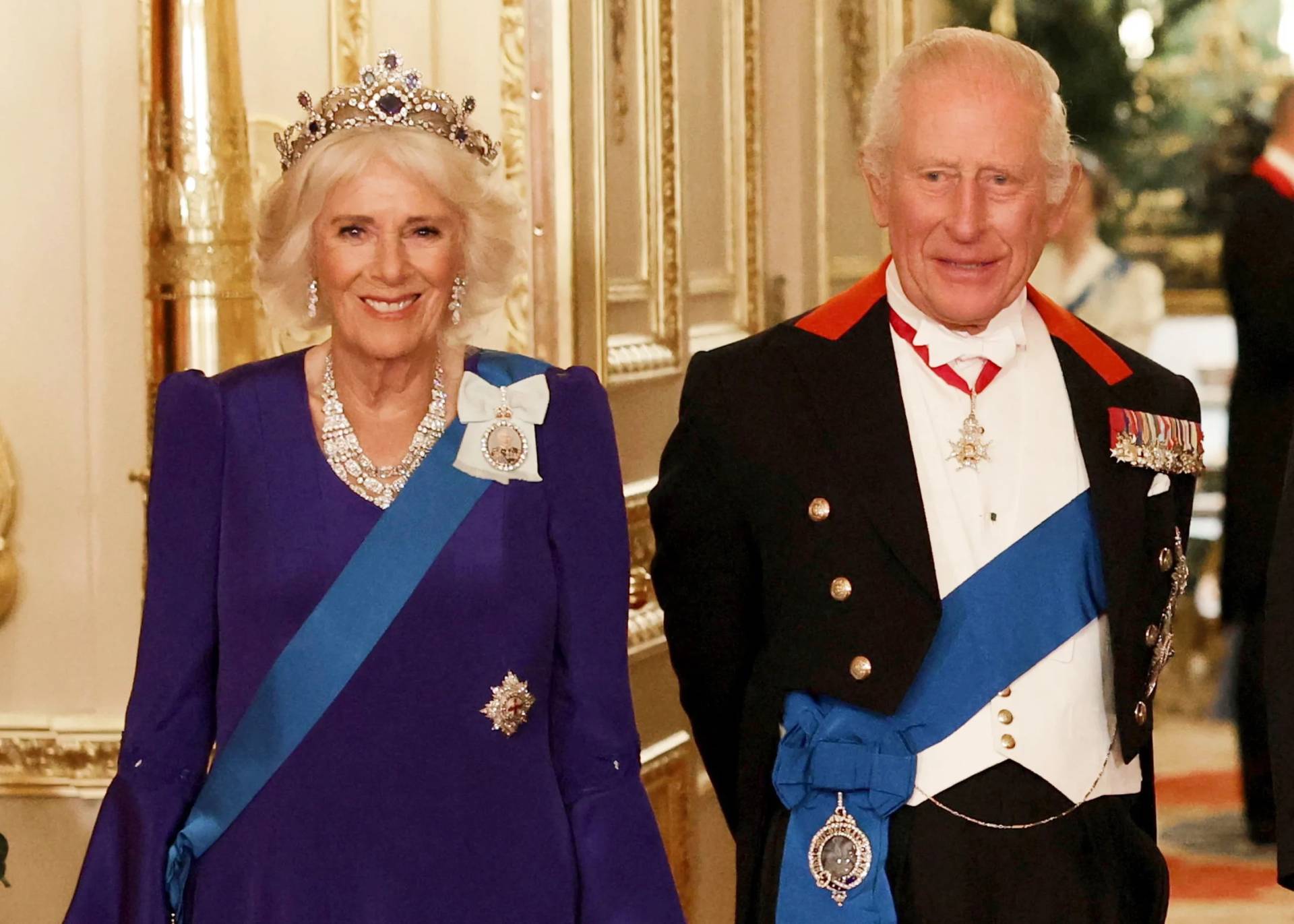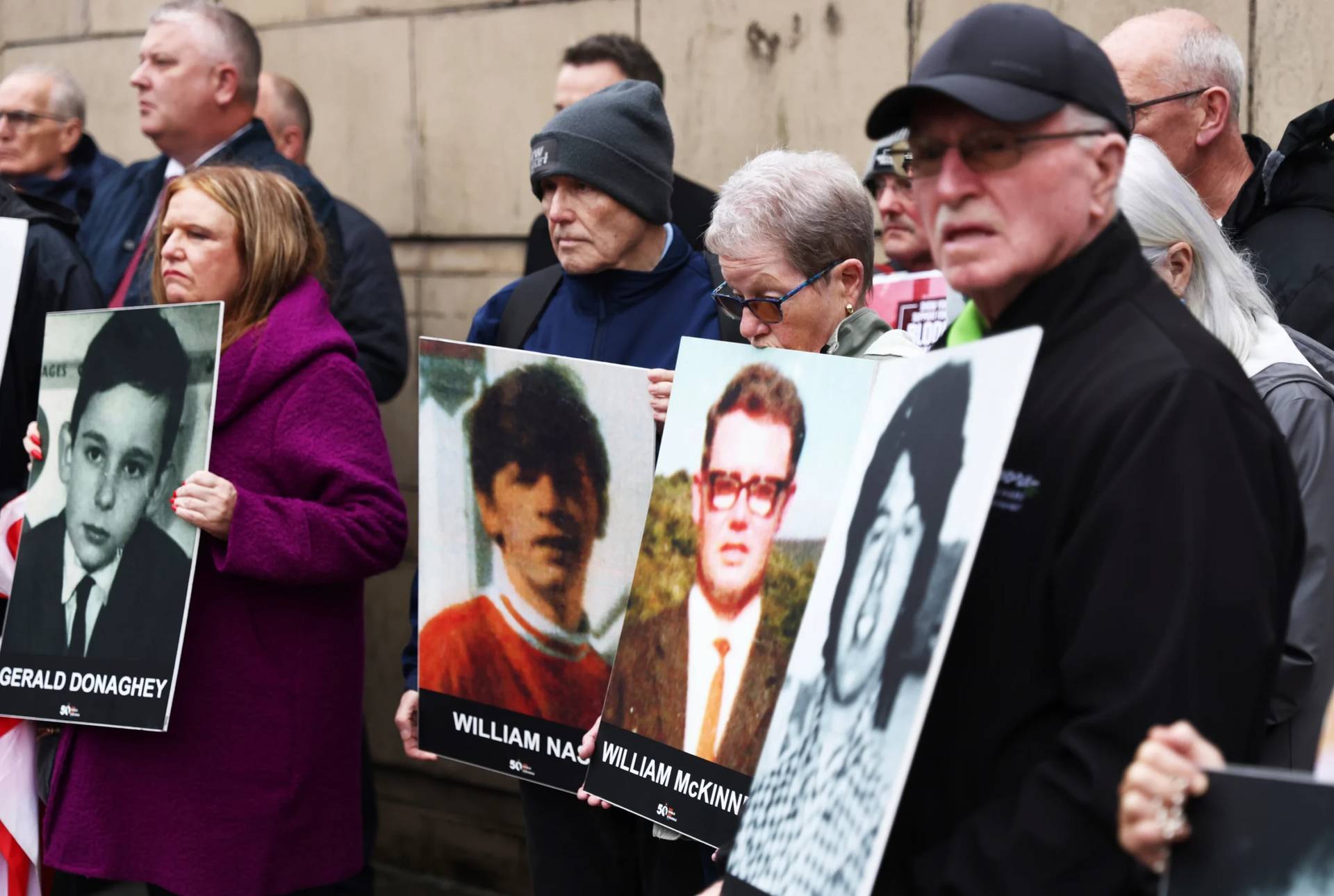LEICESTER, United Kingdom – A new government-commissioned report calling for new laws to tackle extremism has received support from the president of the Catholic Bishops’ Conference of England and Wales.
The report, “Operating with Impunity,” was released by the UK’s Commission for Countering Extremism on Feb. 24 and is calling for strengthening laws against the possession and dissemination of extremist literature and videos.
“Extremism is a danger and so we need to work together to ensure there is unambiguous legislation that not only prevents and penalizes those spreading it, but equally protects those who experience it,” said Cardinal Vincent Nichols, the archbishop of Westminster.
The report says “hateful extremists” are creating a climate conducive to hate crime, terrorism, or other violence; or are attempting to “erode and even destroy” the fundamental rights and freedoms of the UK’s democratic society.
The report notes that it is currently legal in the UK to “glorify terrorism,” if the perpetrator doesn’t encourage the commission, preparation, or instigation of terrorist acts.
The authors also point out the UK has no laws preventing intentionally stirring up racial hatred, if the language isn’t threatening, abusive or insulting.
The report makes several recommendations, calling on the British government to commission a legal and operational framework “to robustly counter the hateful extremism threat;” strengthening current laws relating to stirring up of hatred and increasing the resources and capability of law enforcement agencies to tackle the problem; and elevating hateful extremism to be “a priority threat alongside terrorism and online child sexual exploitation.”
Like most Western European democracies, the UK does not have the equivalent of the U.S. Constitution’s First Amendment, and has legislation regulating hate speech.
However, the lead commissioner for the anti-extremism body said any attempt to legislate against extremist speech needs to “ensure the protection of freedom of expression and other civil liberties.”
“Our report shows how it is possible to square this circle. We have charted a path the government can take which will ensure protection of freedom of expression while restricting the dangerous activity of hateful extremism,” said Sara Khan.
“Extremist groups whether neo-fascist, neo-Nazi, Islamist or others are able to operate lawfully, freely and with impunity. They are actively radicalizing others and are openly propagating for the erosion of our fundamental democratic rights,” she continued. “Their aim is to subvert our democracy. This is a threat to our civilized democratic order, which cannot be taken for granted and requires a robust, necessary and proportionate legal response.”
Khan said this requires a “a new legal and operational framework,” or “this activity will continue unchallenged and the many harms it is causing in our country will continue to persist and worsen in the next decade.”
Mark Rowley, the national lead for Counter-Terrorism Policing who headed the review which led to the report, said he was “shocked and horrified by the ghastliness and volume of hateful extremist materials and behavior which is lawful in Britain.”
He said the present legal framework to counter extremism is “untenable.”
“Not only have our laws failed to keep pace with the evolving threat of modern-day extremism, current legal boundaries allow extremists to operate with impunity,” Rowley said.
“They are carefully steering around existing laws in the ways we describe in our report, openly glorifying terrorism, collecting and sharing some of the most violent extremist propaganda, or intentionally stirring up racial or religious hatred against others,” he explained.
“Hateful extremism is creating an ever-bigger pool for terrorists to recruit from, as well as increasing violence, hate crime and tensions between and within communities.”
Nichols called the report “a significant contribution to a most important issue.”
“The rise of hateful extremism, not least through the use of social media, is a grave concern and calls for ongoing efforts by all who have our common good at heart,” the cardinal said.
However, he emphasized the need to protect the freedom of speech in the fight against “hateful extremism which seeks to inflict harm.”
“For freedom of religion and freedom of speech to be meaningful they must include the right to express opinions which run counter to a prevailing cultural consensus without embracing or proposing hate or violence,” Nichols said.
Quoting Pope Francis, the cardinal added, “Authentic social dialogue involves the ability to respect the other’s point of view and to admit that it may include legitimate convictions and concerns … it is desirable that they should articulate their positions for the sake of a more fruitful public debate.”
“This report is a stimulating voice in drawing attention to these matters, with all their sensitivity and resonance,” he said.
Follow Charles Collins on Twitter: @CharlesinRome
















